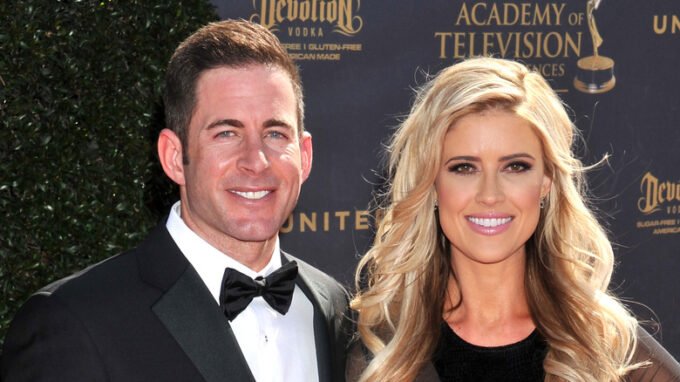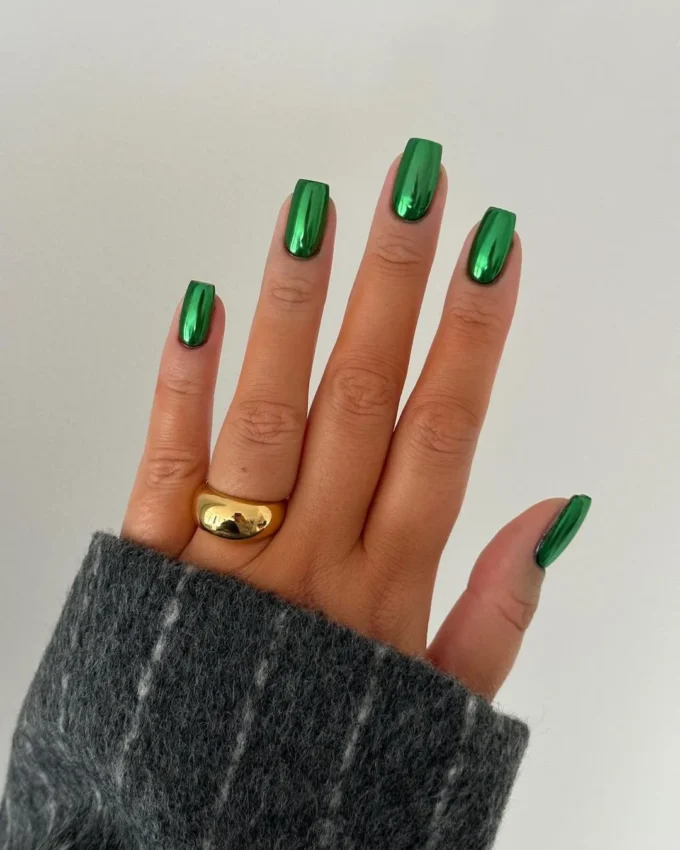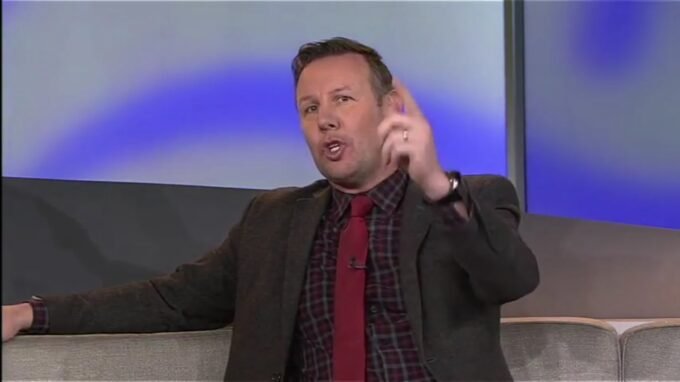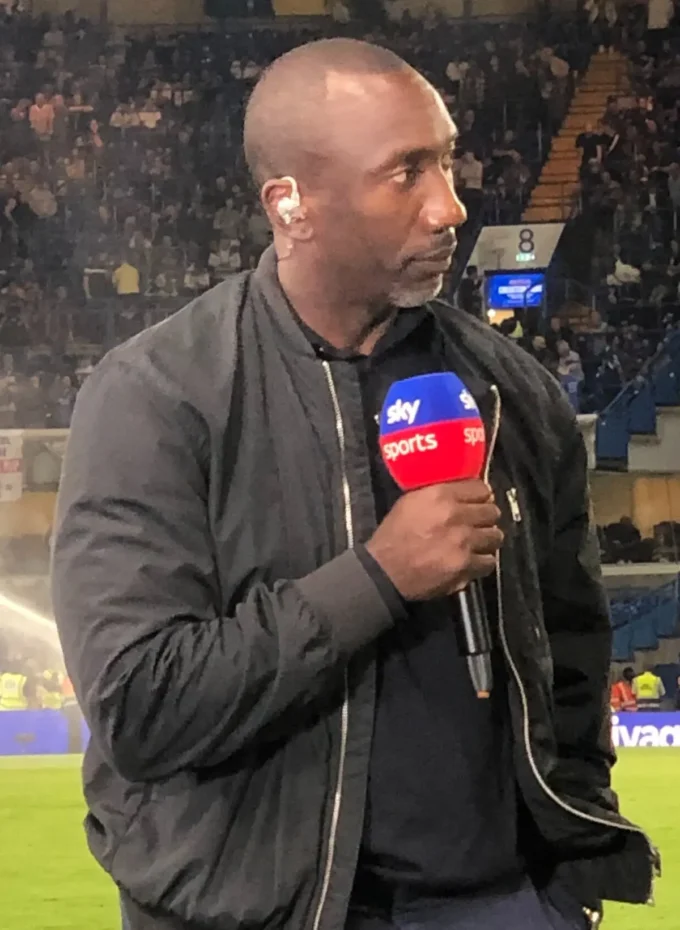There’s a current hum of frustration in Anambra — a feeling you can almost hear, if you pay attention. The African Democratic Congress (ADC) has publicly accused Governor Charles Soludo of losing the confidence of residents and of resorting to vote-buying as the November 8 governorship election approaches. Bolaji Abdullahi, the ADC’s spokesperson, put the accusation out there on X, and it landed with a mix of anger and worry. It’s the sort of claim that makes people pause: is this political theater, or something worse?
Let’s unpack that, because it matters in ways that are bigger than one headline. When a sitting leader is accused of buying votes, the question isn’t only about legality. It’s about what citizens expect from their leaders, about the kind of bargaining that replaces democratic conversation, and about how quickly trust can fray. I’m not saying we should treat every allegation as gospel — no — but it’s also hard to ignore claims coming from a recognized party spokesperson and directed at the highest levels of state power.
Also read: Corey Lewandowski’s Next Move — Or Maybe Not: A Closer Look
What Abdullahi said was sharp and direct. He framed Soludo’s actions as “a new level of desperation wrapped in impunity.” That’s vivid language. It paints the governor not just as politically ambitious but as someone who, allegedly, believes he can act without consequence. Abdullahi argued that only a leader who has lost public support would openly try to buy votes. That’s a pointed claim, and it’s meant to do two things at once: to discredit the governor’s popularity and to appeal to voters’ sense of fairness. Whether or not that’s accurate — and again, we should look for evidence — the charge itself shifts the public conversation. It forces voters to think about the integrity of the process, and it pressures institutions that are supposed to police elections.
Laws matter here. Abdullahi referenced Sections 121 and 127 of the Electoral Act, saying these parts criminalize voter inducement. That’s not an idle citation — it’s a direct appeal for formal, legal scrutiny. If there’s evidence that money or gifts are being used to sway voters, then those sections become the mechanism for accountability. It’s easy to say laws exist; it’s another thing to see them enforced, especially when people in power are suspected of breaking them. I’m reminded of times when rules were clear but unevenly applied. It leaves a sour taste.
He didn’t stop at legal points. Abdullahi urged the Independent National Electoral Commission (INEC) to act immediately. The message was blunt: don’t look away. “I hope INEC is not pretending not to see it,” he said. That line is an appeal to institutional duty — and to public shame, perhaps. It asks: will the body tasked with protecting the vote stand firm, or will it fail to intervene? There’s a lot riding on that answer, because the legitimacy of an election depends as much on the impartiality of administrators as on the conduct of candidates.
There’s some human texture to all this, too. Think about what it feels like to be a voter in a place where leaders are accused of resorting to bribery. You might be tired of promises, of unmet expectations. You might also be wary of being treated like a commodity: the idea that your ballot can be engineered by cash or goods reduces civic engagement to a transactional act. On the other hand, everyday realities — economic hardship, immediate needs — can make offers of money or support tempting. That’s a messy moral space; people are human, after all. It complicates black-and-white judgments.
But the allegation also raises a second concern: the chilling effect on political competition. If incumbents resort to money to secure votes, opposition parties may feel pushed into similar tactics, or worse, feel they are fighting an uneven playing field. That can erode the quality of campaigns, shifting debates away from policy and vision toward short-term gains. No one benefits from politics that become primarily about who can spend more. Citizens lose the opportunity to judge parties by competence, values, and long-term plans.
At the same time, accusations can be strategically timed and used as political tools. A claim made close to election day can stoke public anger or mobilize supporters. It can be a way to delegitimize an opponent even without firm evidence. So while Abdullahi’s words carry force, they also serve to rally his base and to press INEC to act. That doesn’t automatically negate the charge, but it does remind us that political messaging often has multiple aims.
Also read: From Kid in a Yearbook to the White House: JD Vance’s Surprising Face Change
What now? The next steps are pretty well-defined in theory: document any instances of inducement, report them to INEC, and if there’s credible proof, pursue legal remedies. But the reality on the ground is rarely neat. Gathering evidence can be difficult; witnesses may be reluctant; money trails are often murky. That’s why public scrutiny matters. Media coverage, civil society monitoring groups, and local observers all play roles in making sure claims don’t simply evaporate into the air.
A final thought: trust takes time to build and can be lost quickly. Whether or not these accusations are ultimately proven, the fact that they’re being made publicly by a known party figure signals a breakdown in confidence. Residents deserve clear answers, not just back-and-forth accusations. They deserve an electoral environment where choices feel genuine and where institutions act, visibly and impartially.
I’m not settling on a single side here. I don’t have access to proof beyond the statement. But I do think every allegation of vote-buying should be taken seriously, because even the hint of it is corrosive. If INEC and other watchdogs step up now — with transparency and speed — they can either put the matter to rest or take action that restores some faith. If they don’t, well, doubts will grow. And in politics, doubt is a heavy thing; it changes how people act, vote, and trust.







































Leave a comment